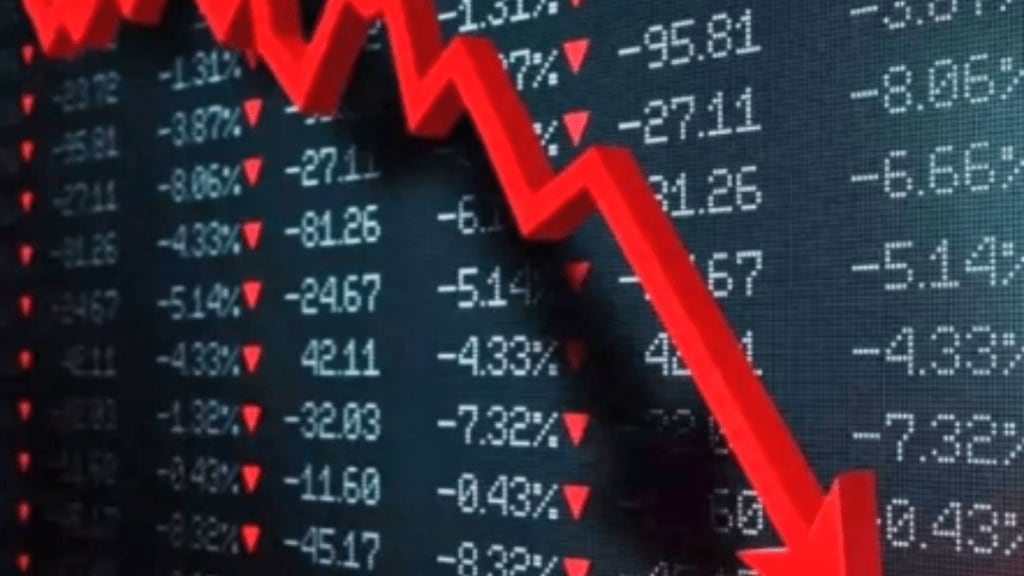The Indian stock market is seeing some high-profile companies and startups getting an overwhelming response in their initial public offerings. S Naren, CIO of ICICI Prudential AMC, says that the current markets are very expensive and many stocks trade at a high price to earnings ratio of up to 40 to 60 times.
“Many companies today have no growth, yet trade at high valuations. You’re paying 25 years of earnings in a company without growth — and that’s earnings, not cash flow”, Naren said in a podcast with Moneycontrol.
He added that flows can determine valuations for 2–3 years, but in the long run, valuations matter more than flows.
Naren pointed out that today, investors, not the bank’s are the primary capital allocators who are pouring money into the market via IPOs, QIP and private equity. This, Naren said, risks an overvaluation of loss-making companies.
Market lesson from past
Naren said that the 1990s IPO boom bust had similar issues of overvaluation, lowering portfolio quality and focus on small-cap and unlisted stocks. He said that the investors need to avoid the same mistakes.
Naren emphasised on equity obsession of the investors and advised on asset allocation across debt, gold, and REITs.
Naren said, “Equity is not a low-risk asset class. Post-Covid, it has become part of Indian life, but people must understand the risks.”
Naren said that Indian have enough scope for a long-term investment that the investors should look at. “Most global markets, except the US and India, have underperformed drastically over the last 17 years — there’s scope for a multi-year move,” he added.
Risk management advice
As the market is trading with expensive valuations, investors are shifting towards big returns, which often have a high risk factor. Naren advised on looking at the stable large-cap companies instead. He said investors should look for a 10 to 20 per cent return, which has low risk.
“Equity has become so much a part of Indian life after Covid, but people have to understand they are not trading an asset class like fixed deposits or debt mutual funds — they’re trading a riskier asset class,” Naren warned.

